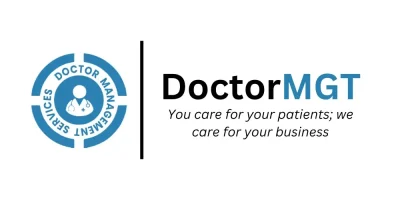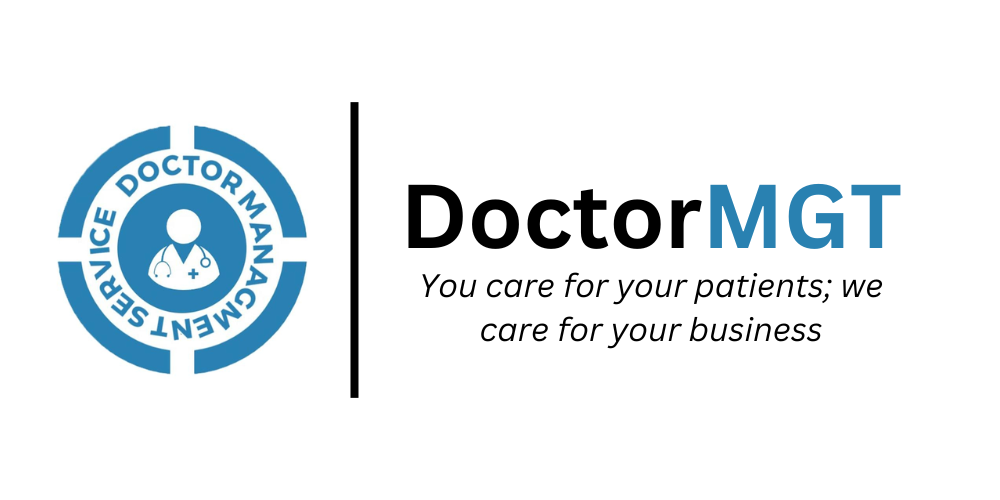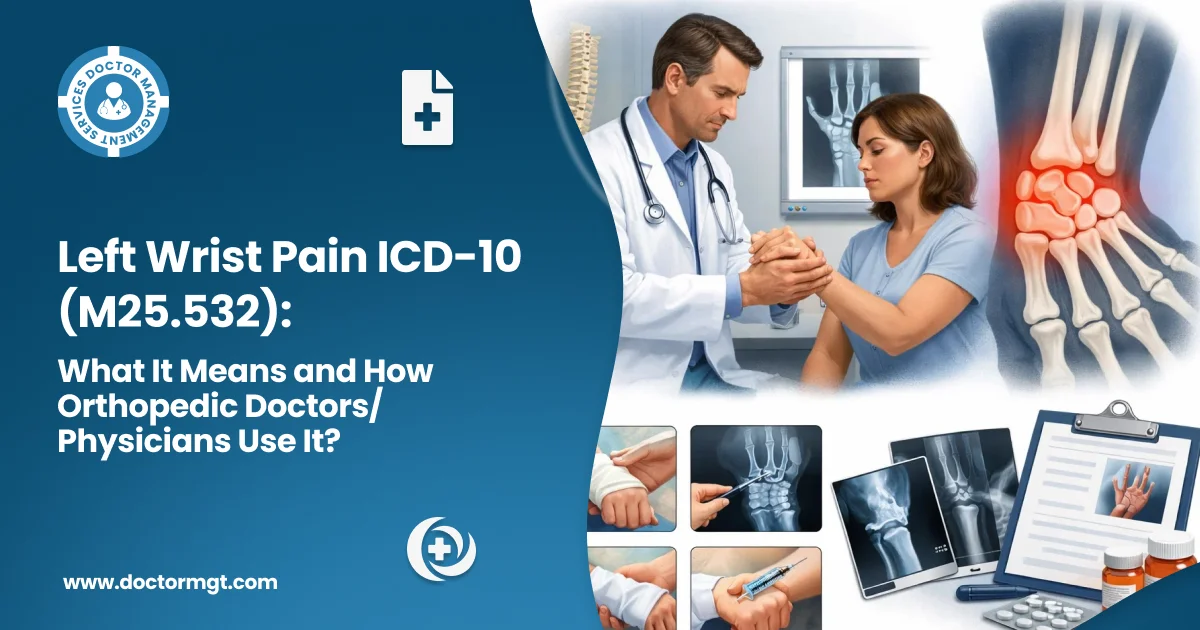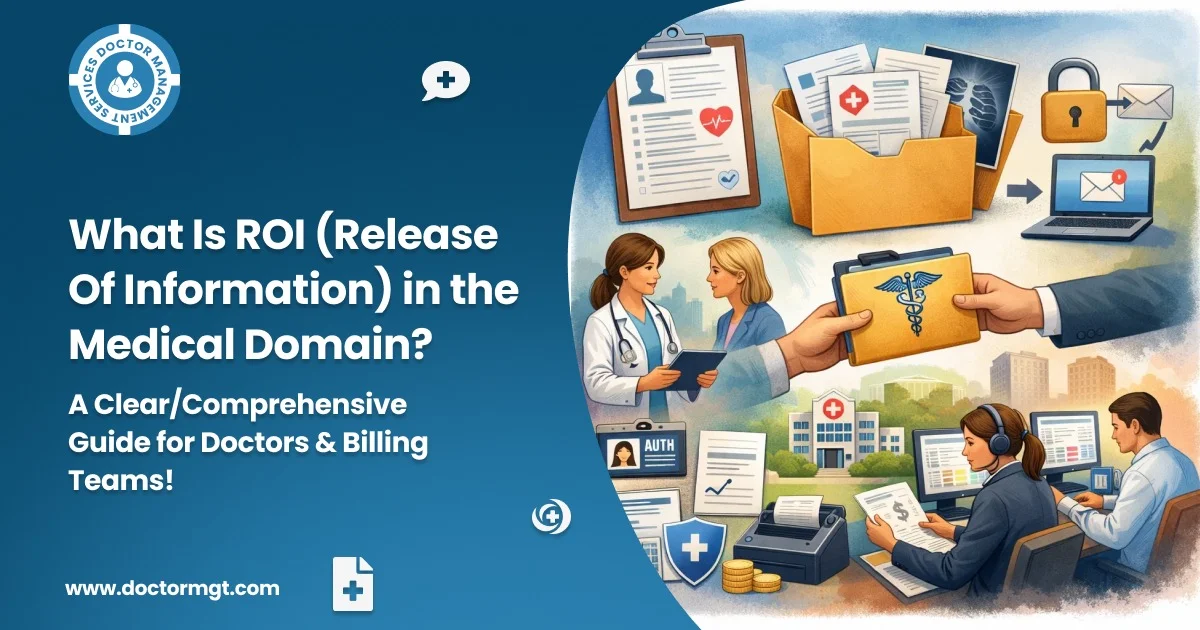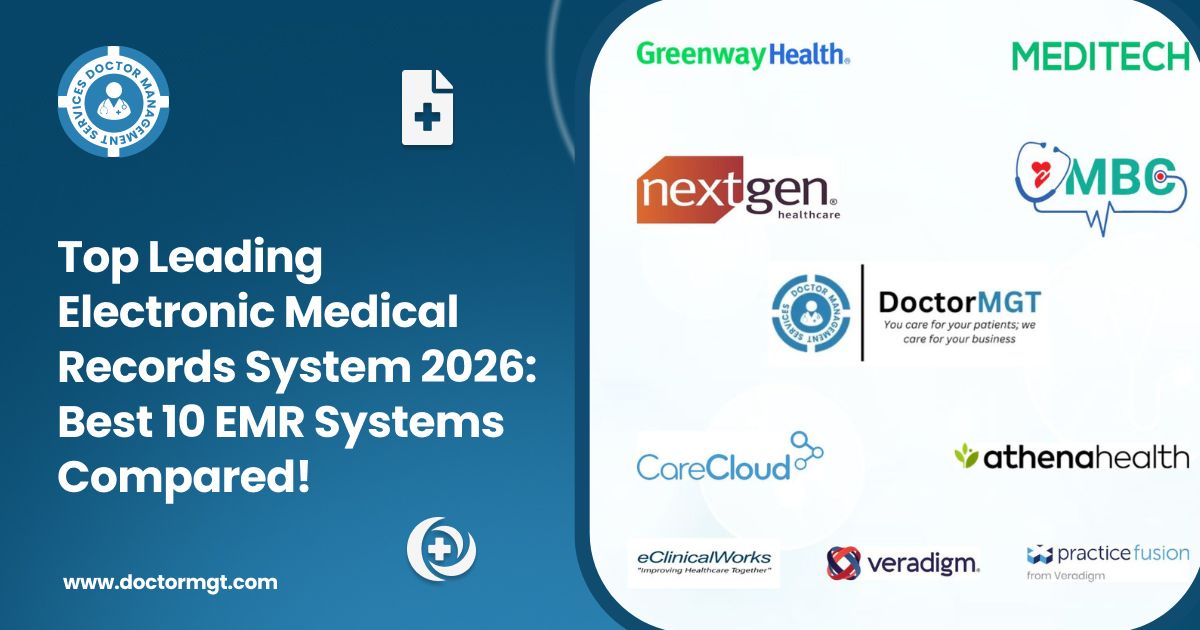The significance of the right billing process for hospice care providers cannot be overestimated. It enables them to be productive and concentrate on providing compassionate care. However, the process of medical billing comes with its own set of difficulties, particularly when dealing with hospice care. For example, for a disease such as back pain (M54.50 diagnosis code), you must have clearly determined that the service is connected to that patient’s terminal condition.
Enter hospice modifiers, two-character codes that help ensure claims are appropriately processed. When misused, these modifiers are common reasons for denied claims, delayed payments, or audits, which can halt the financial flow of hospice providers.
The objective of this blog is to provide healthcare professionals with the clarity necessary for accurate billing.
Understanding Hospice Modifiers
Hospice billing can be complicated, especially when deciding if a service is connected to a patient’s terminal condition. GV and GW modifiers are key to confirming this link and to making certain that the Medicare system correctly deals with the claims.
Modifier GV: Services Related to Terminal Illness
The GV modifier is necessary if a physician or non-physician practitioner (apart from the group or facility) not employed by or under arrangement with the hospice provider for the patient renders the service as described above regarding the patient’s terminal illness.
For instance, if a hospice patient with congestive heart failure sees their primary care physician—who is not in the hospice’s network—for his heart condition, the physician should add the GV modifier to the claim. This indicates that the service is related to a terminal illness but provided by someone outside of the hospice network so that Medicare can cover the claim under Part B.
One key point is that the GV modifier wouldn’t be the correct coding solution if the doctor is employed by the hospice; or if the doctor was not identified by the patient, as their attending physician at the time of hospice enrollment.
Modifier GW: Services Unrelated to Terminal Illness
The GW modifier indicates that the service is unrelated to the patient’s terminal condition.
Use this modifier when the physician or practitioner is providing care for a condition that is unrelated or is entirely distinct from the terminal illness for which the patient is receiving hospice care.
For example, if a terminal cancer hospice patient develops a urinary tract infection and seeks treatment from a urologist, append the GW modifier to the claim. This helps signal to Medicare that this service is not related to the hospice diagnosis and should be handled as such.
This modifier will be required for all providers when the services rendered are unrelated to the patient’s terminal illness. Claims submitted without the GW modifier in these situations can be denied.
Additional Relevant Codes
Several CPT and HCPCS codes are pertinent when billing for hospice-related services:
- G0180: Certification of home health plan of care.
- G0181: Home health care supervision.
- G0182: Hospice care supervision.
- G0337: Hospice pre-election evaluation and counseling services.
Psychiatrist Billing Considerations
In hospice care, psychiatrists are the main professionals who take on patients’ mental health issues. Psychiatrist medical billingmust code properly for mental health services, the ones that are related to the terminal illness.
For example, counseling sessions for anxiety related to a terminal condition will get the GV modifier. In contrast, it would require the GW modifier for treatment of unrelated issues, such as a pre-existing phobia.
The Impact of Hospice Modifiers on Reimbursement Rates
The correct use of hospice modifiers is essential as they determine reimbursement rates. Proper use of these modifiers means that each service is categorized correctly, which ultimately leads to quicker payments.
On the other hand, improper modifiers have big risks. Besides direct financial losses from denied claims, they can target providers for audits, which waste time and resources. The threat is particularly worrisome for hospice providers already contending with skinny margins.
For example, consider lien resolution services that are supposed to handle denied claims for a company that was flagged for having inconsistent use of a modifier. While these types of services do help with recovering lost revenue, it is much easier and less expensive to do it right the first time and know how to use your modifiers correctly.
Ensuring Accurate Reimbursement
Documentation and modifier usage are some of your most important tools. Claim denials or delays often occur due to incorrect or omitted modifiers.
Healthcare providers should:
- Articulate the relationship (or lack thereof) between the service provided and the patient’s terminal condition.
- Correctly identify the attending physician, particularly for services billed using the GV modifier.
- Healthcare providers should regularly check for updates to Medicare guidelines to stay compliant.
Strengthen Your Billing Practices Today
Although they may seem seriously trivial, the truth is that hospice modifiers are very instrumental in securing payments and avoiding the leakage of funds back to patients if the healthcare provider has them. Failure to use them correctly can put you at risk of auditors’ interest.
On the other hand, healthcare professionals can simplify their billing processes by being aware of the functions of popular modifiers such as GV, and GW matching their work with appropriate CPT or ICD-10 codes, and exactly documenting the best procedures.
At its core, billing is not just about money. It impacts the welfare of the patient, hospitality’s efficiency, and adherence to regulations. Empower your team to confidently manage hospice billing and inform them of the best practices for providing excellent patient care.
